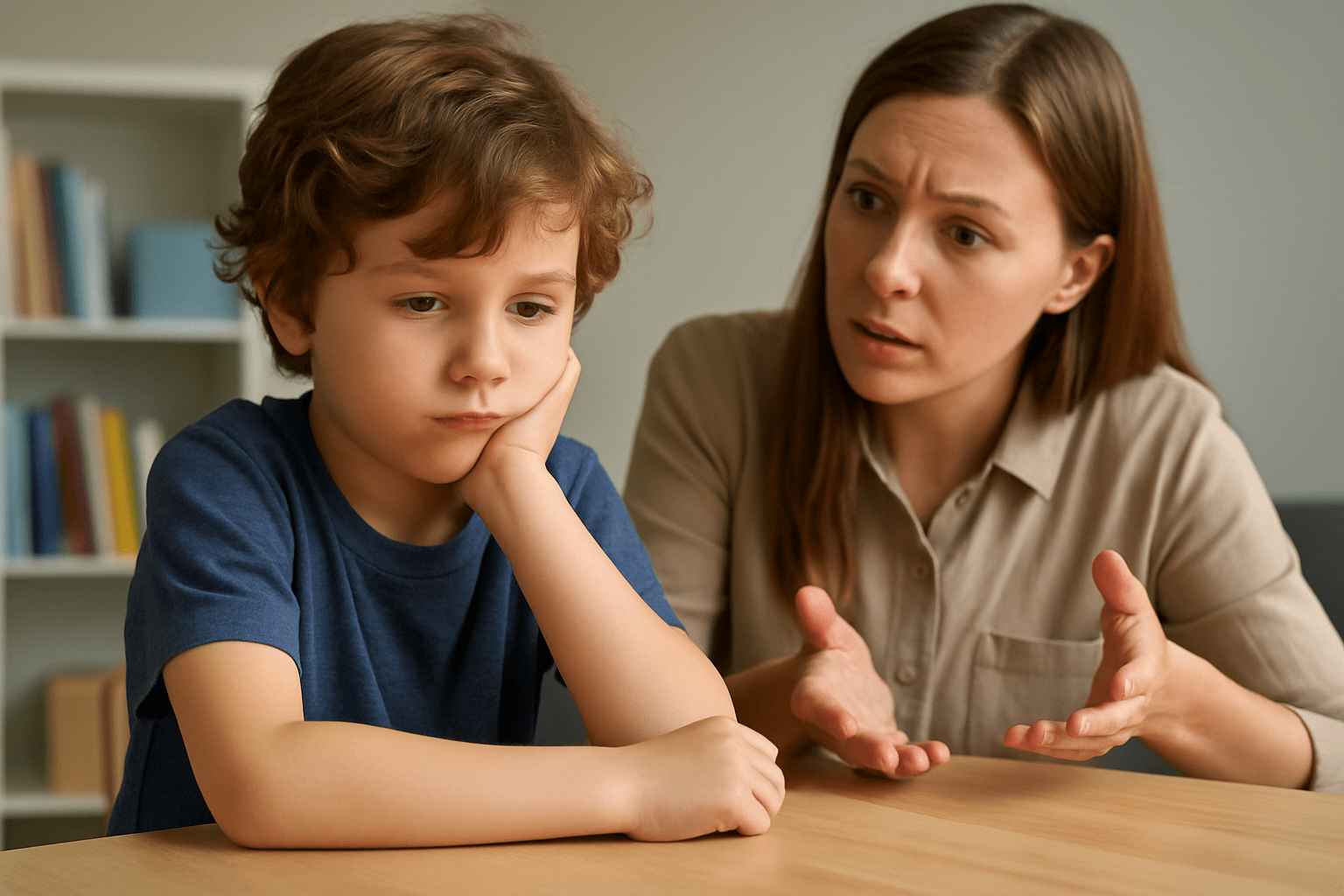At its core, Childhood Montessori School’s core principle clearly defines that every child reaches their full academic, social, and emotional development and, as a result, they possess a passion for learning and never strive to lose it.
Focus on experience and action drives children of school age through the Montessori approach, which affirms that every child at Childhood Montessori School is assisted one-on-one and allows them to develop at their own pace.
Skills specialization such as independence, critical thinking, problem-solving, and many others cease to be aspirations but become natural here.
In this supportive atmosphere, students learn to respect themselves and others, cooperate, and be self-disciplined while simultaneously seeking their highest potential.
Trained teachers in childhood Montessori guide students through a rich curriculum that includes practical life, sensory, language, math, cultural studies, and many more.
Childhood Montessori School is a well-known name in the world of early education. It can be the answer to parents pursuing a well-rounded education or those looking to understand the parameters of Mr.
Childhood Montessori School Has Been Able to Achieve What?
It classifies remarkably distinct Montessori-outlined learning, which is child-oriented, self-sufficient, and inquiry-based.
This learning method is opposite to that of conventional educational institutes, where a set approach is used for all students as it caters to the individual student’s learning style, making results efficient.
Everything ranging from the size of the furniture to the layout design contributes to making the learning experience more interactive. These components aid in personal development while promoting art and education.
To guarantee a wide gap in the Classroom, there is an increased focus on self-paced learning. Students from a younger age are exposed to a custom-made syllabus while being mentored by trained educators who customize the content to their requirements.
There, practical life skills are taught in conjunction with academic subjects, thus equipping kids with the skills necessary to tackle real-life problems and teaching them to be self-sufficient and self-assured.
To conclude, the center is distinguished for its personalized lesson plans and the all-inclusive environment, making it the best fit for learning. It is a school where learning is fun, and children are enabled to develop themselves fully in such an invigorating environment.
What Are The Advantages of Montessori Education in Childhood Montessori School?
When we talk about the importance of education, Childhood Montessori School’s education system offers several approaches that benefit children in many ways.
For instance, focusing on child-led learning allows children to explore and grow their curiosity and creativity, fostering independence and critical thinking skills early on.
The school also works towards the improvement of emotional intelligence. Enabling children’s collaboration, respect, and empathy allows them to build social skills vital for human relationships and teamwork during their later stages of Life.
Finally, focusing on long-term goals helps promote learners’ pace, ensuring optimum growth. Whether enhanced support or advanced work, Childhood Montessori School provides children with the care and education they need to thrive.
To wrap it up, Childhood Montessori School has a well-rounded approach to teaching, which consists of school work, emotional growth, and life skills so that children leaving the school feel confident and ready to take on any challenges in the future.
What Curriculum Does Childhood Montessori School Follow?
Childhood Montessori School’s curriculum is tailored to encourage a child to learn all aspects. Socially, physically, emotionally, and even academically. The life skills that are a part of the curriculum ensure it is egalitarian and balanced.
Practical Life as a section aims to smoothen a child’s interaction with the world by focusing on vital day-to-day inputs, for instance, pouring, buttoning, and cleaning; these skills have the dual benefit of encouraging independence and sharpening eye-hand coordination.
Working in the Sensorial section helps the child expand their existing observational skills and as the world in classification by working with materials designed to appeal to their senses. Such skills would help the child introduce to the world of mathematics and science in the later stages.
The language covering topics such as phonetics and vocabulary, coupled with the writing aspects, would strengthen the child’s language ability. Similarly, where manipulatives play an important role, they would assist the child in exploring numbers and operations entertainingly.
To conclude, the program at Childhood Montessori School is comprehensive and incorporates all aspects of education to nurture children in a manner that encourages their personal and professional development.
Final Conclusion
Aiming to inculcate values such as confidence, creativity, and success in young toddlers, parents opting for this institution make a perfect decision. Childhood Montessori School helps children build their skills and knowledge from a young age, hence practicing care and dedication towards early schooling.
FAQ’s
What age group does Childhood Montessori School cater to?
Those aged 2.5 to 6 years can enroll in the Childhood Montessori School.
How is Montessori education different from traditional methods?
Compared to other options available, the Montessori methodology stands out with its emphasis on hands-on and self-directed activities for the students.
Are teachers at Childhood Montessori School specially trained?
Indeed, every teacher is Montessori trained and certified to provide a guided curriculum to students at the center.
Does Childhood Montessori School encourage parent involvement?
Yes, parents are highly encouraged to get involved with the learning enhancement of the child during their time with the school.
What are the benefits of attending Childhood Montessori School?
Enrolling in the school will ensure the child acquires skills such as critical thinking, independence, and appreciation for education in a supportive atmosphere.



